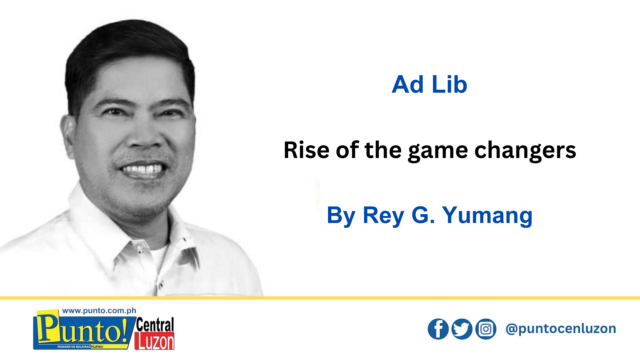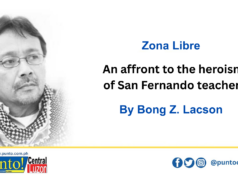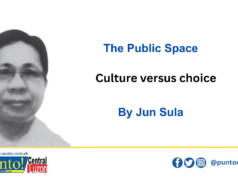JUST WHEN almost everyone was willing to give up on the youth for their perceived indifference to political issues and socio-economic problems that confront the country, the results of the recent Philippine mid-term elections sent a jolt through the status quo. The reason? The Millennials and Gen Z voters emerged not just as participants but as gamechangers. Rejecting traditional politicians and even those who topped pre-election surveys, they shifted the tide in key races, demonstrating that political awakening has taken firm root among the country’s younger electorate.
According to the Commission on Elections chairperson George Garcia, a total of 57,350,968 or 82.20% out of the 69,673,653 registered voters participated in the May 12 mid-term elections.
But here is where the numbers become really interesting. Of the total registered voters, 25.94 million are Millennials, born in the period from 1981 to 1996, making up 34.15% of the voting-age population
On the other hand, the Gen Z, born in the period from 1997 to 2007, account for 21.87 million or 28.79% of the voting-age population
This means the Millennials and Gen Z voters make up about 63% of the voting-age population and 68% of the registered voters for the 2025 mid-term elections.
Many of these young Filipinos cut their political teeth in 2022, campaigning vigorously for the Leni-Kiko team. That ticket eventually lost to the BBM-Sarah Uniteam, a blow that frustrated their hopes for a transparent and accountable government. But instead of retreating into apathy, this generation regrouped. In this year’s elections, they allied with reformist groups, actively backed credible opposition candidates, and pushed for a shift from dynastic rule to governance built on merit and integrity, and anchored on transparency and accountability.
Their efforts bore fruit. Several political clans were unseated by first-time candidates who ran on platforms of good governance and public accountability. Bam Aquino and Kiko Pangilinan made it to the top 12 list, defying all odds and debunking all pre-election surveys. Although Heidi Mendoza and Luke Espiritu failed to make it to the winning circle. The numbers are simply promising. Akbayan topped the party list winners, with three slots headed by Atty. Chel Dioko; while Leila de Lima won a congressional seat through the ML Party List.
Small wins you may say, but enough to send waves of realization. I couldn’t help but emphasize how these victories were powered by grassroots organizing and a savvy command of social media—used not just for mobilization but for countering fake news and disinformation that have long damaged public perception. To me, it was a display of shared refusal to be manipulated by disinformation.
These young voters are no longer just dreaming of a better Philippines—they are building it. If this momentum continues, they could redefine the 2028 national elections. The traditional political playbook is being rewritten. The future, it seems, is already taking shape under their leadership.
The question now is how to sustain this momentum until 2028 and beyond. The answer lies in continuous political education, organizing at the grassroots level, and institutionalizing volunteer networks that remain active between elections. Youth-led initiatives must also penetrate down to barangay elections, ensuring that even the smallest units of governance are led by those with integrity and competence. Civic groups must train a new generation of leaders, mentor them, and demand transparency from the ground up.
This new wave of voters has already shown it can challenge the status quo. If they stay the course, replicate their strategies at all levels, and institutionalize reform-oriented politics, the 2028 elections may mark not just a change in administration—but a transformation of Philippine governance itself.





